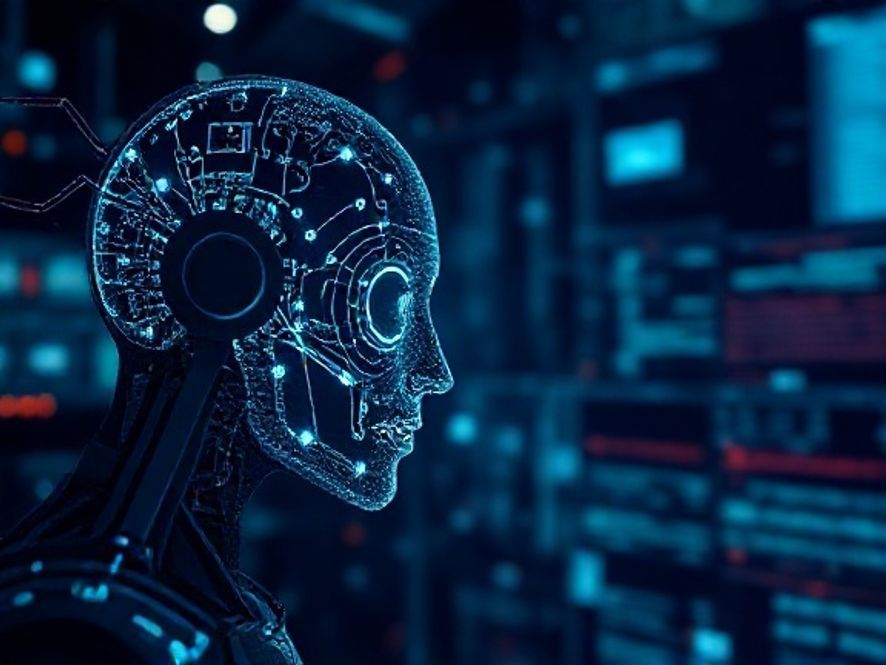Understanding AI Skills
AI skills refer to the abilities and knowledge required to effectively work with artificial intelligence technologies. These skills encompass a wide range of competencies, including programming, data analysis, machine learning, and ethical considerations in AI. As the demand for AI continues to rise across various industries, possessing strong AI skills has become increasingly crucial for both students and professionals.
The Importance of AI Skills in Today’s Workforce
In today’s digital economy, AI skills are not just an asset but a necessity. Organizations across sectors are integrating AI to enhance productivity, improve decision-making, and create innovative products and services. As such, understanding and mastering AI skills can significantly boost career prospects and job security.
- Job Demand: Many job postings now require knowledge of AI technologies, making these skills essential for job seekers.
- Industry Applications: From healthcare to finance, AI is transforming how industries operate, necessitating skilled individuals.
- Future-Proofing Careers: As technology evolves, having a solid foundation in AI will help professionals stay relevant.
Core Components of AI Skills
To effectively engage with AI, several core components are essential. These foundational skills can be categorized as follows:
1. Programming Languages
Proficiency in programming languages is vital for anyone looking to work in AI. Languages such as Python, R, and Java are commonly used due to their extensive libraries and frameworks tailored for AI development.
- Python: Known for its simplicity and readability, Python is widely used in AI for data manipulation and machine learning.
- R: Particularly popular in statistical analysis, R is beneficial for data-driven AI projects.
- Java: Used in large-scale systems, Java provides robustness and scalability for AI applications.
2. Data Analysis and Manipulation
AI relies heavily on data. Skills in data analysis and manipulation are essential to prepare datasets for training AI models. This includes understanding data cleaning, transformation, and visualization techniques.
- Data Cleaning: Removing inaccuracies and inconsistencies from data to ensure quality.
- Data Visualization: Tools like Tableau and Matplotlib help present data insights effectively.
3. Machine Learning and Deep Learning
Machine learning (ML) and deep learning (DL) are subsets of AI that focus on developing algorithms that allow systems to learn from data. Understanding how to implement and optimize these algorithms is crucial.
- Supervised Learning: Involves training models on labeled data, making predictions based on input.
- Unsupervised Learning: Deals with unlabeled data to identify patterns and groupings.
- Deep Learning: Uses neural networks to analyze complex data, particularly in image and speech recognition.
4. Ethical Considerations in AI
With great power comes great responsibility. Understanding the ethical implications of AI is critical. This includes issues related to bias, privacy, and the societal impacts of AI deployment.
- Bias in AI: Ensuring that AI systems do not perpetuate existing biases present in training data.
- Privacy Concerns: Recognizing the importance of data privacy and security in AI applications.
Practical Applications of AI Skills
The application of AI skills spans numerous industries, providing tangible benefits and solutions to real-world problems. Below are some examples of how AI skills can be utilized:
1. Healthcare
AI skills can enhance patient care through predictive analytics, personalized medicine, and administrative automation. For instance, machine learning algorithms can analyze patient data to predict disease outbreaks or treatment responses.
2. Finance
In finance, AI skills are used for fraud detection, algorithmic trading, and risk management. AI systems can analyze transactions in real-time to identify suspicious activities, protecting both the institution and its customers.
3. Marketing
Marketers leverage AI to analyze consumer behavior, segment audiences, and personalize campaigns. By utilizing data analytics and machine learning models, businesses can optimize their marketing strategies effectively.
4. Education
AI skills are transforming education through adaptive learning platforms that cater to individual student needs. These AI systems can assess student performance and tailor content accordingly, enhancing the learning experience.
How to Develop Your AI Skills
Developing AI skills involves a combination of formal education, self-study, and practical experience. Here are some steps to guide you on your journey:
- Online Courses: Platforms like Coursera, Udacity, and edX offer specialized courses in AI and machine learning.
- Hands-On Projects: Engage in personal projects or contribute to open-source projects to gain practical experience.
- Networking: Join AI communities and attend workshops or conferences to connect with professionals in the field.
Related Concepts in AI
Understanding AI skills also involves familiarity with related concepts. Here are some key terms worth exploring:
- Data Science: The field that encompasses data analysis, statistical modeling, and machine learning techniques.
- Natural Language Processing (NLP): A branch of AI that focuses on the interaction between computers and human languages.
- Computer Vision: A field of AI that enables machines to interpret and make decisions based on visual information.
Conclusion
In summary, AI skills are a vital component of modern work life, providing individuals with the tools necessary to thrive in an increasingly automated world. By developing these skills, you position yourself for success in diverse fields, from healthcare to finance. As you embark on your journey to mastering AI, remember to embrace continuous learning and stay updated with the latest advancements in this ever-evolving landscape.
Take the first step today—explore online courses, engage in projects, and connect with the AI community. Your future in AI awaits!









